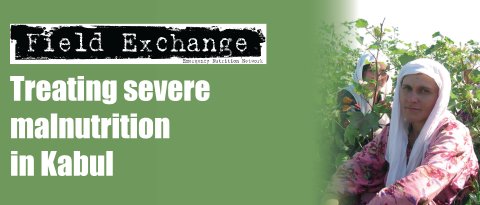Cuba

Cover of Cuba childrens book
According to a news piece in the LANCET1, the '41- year battle of spite between Cuba and the USA has intensified'. In July 2004, restrictions on travel and remittances from the USA were tightened, and US firms were fined for unauthorised export of medicines.
The US embargo on Cuba has frequently been modified in response to domestic electoral interests. So in the US election year, it is hardly surprising that once again political expediency rather than humanitarian imperatives are driving US policies. Worryingly, there has also been a scaling up of talk in the USA about regime change - by transition rather than succession - in Cuba. In January 2004, the University of Miami and the US Agency for International Development convened a seminar on 'Humanitarian Aid for a Cuba Transition'. Here US government representatives suggested the use of health and nutrition assistance as a means to effect regime change. Attendees were exhorted to learn from the Coalition Provisional Authority actions in Iraq to prepare for a post-Castro Cuba - specific lessons were not detailed.
Some attendees denounced the use of humanitarian assistance to divide and destabilise a post-Castro Cuba, pointing out that it would jeopardise the chance for peaceful change and rob Cubans of sovereignty in deciding their future. Although, long a shining jewel in Cuba's crown, the country's impressive health cannot go on forever. Political instability would only place further stress on a system that is already struggling. Cuba's remarkable health record, even during the economic crisis of the 1990s, has always frustrated the US administration.
The article concludes by saying that 'In the event of a humanitarian crisis, funds from family overseas and high education and health standards would help protect Cubans from large rises in mortality rates. Those who suffer the most will, as in the 1990s, be the elderly who could become the quiet deaths in a society heavily focused on protecting the young'.
1Garfield.R (2004): Health care in Cuba and the manipulation of humanitarian imperatives. The LANCET, vol 364, September 11th, pp 1007
Imported from FEX website


